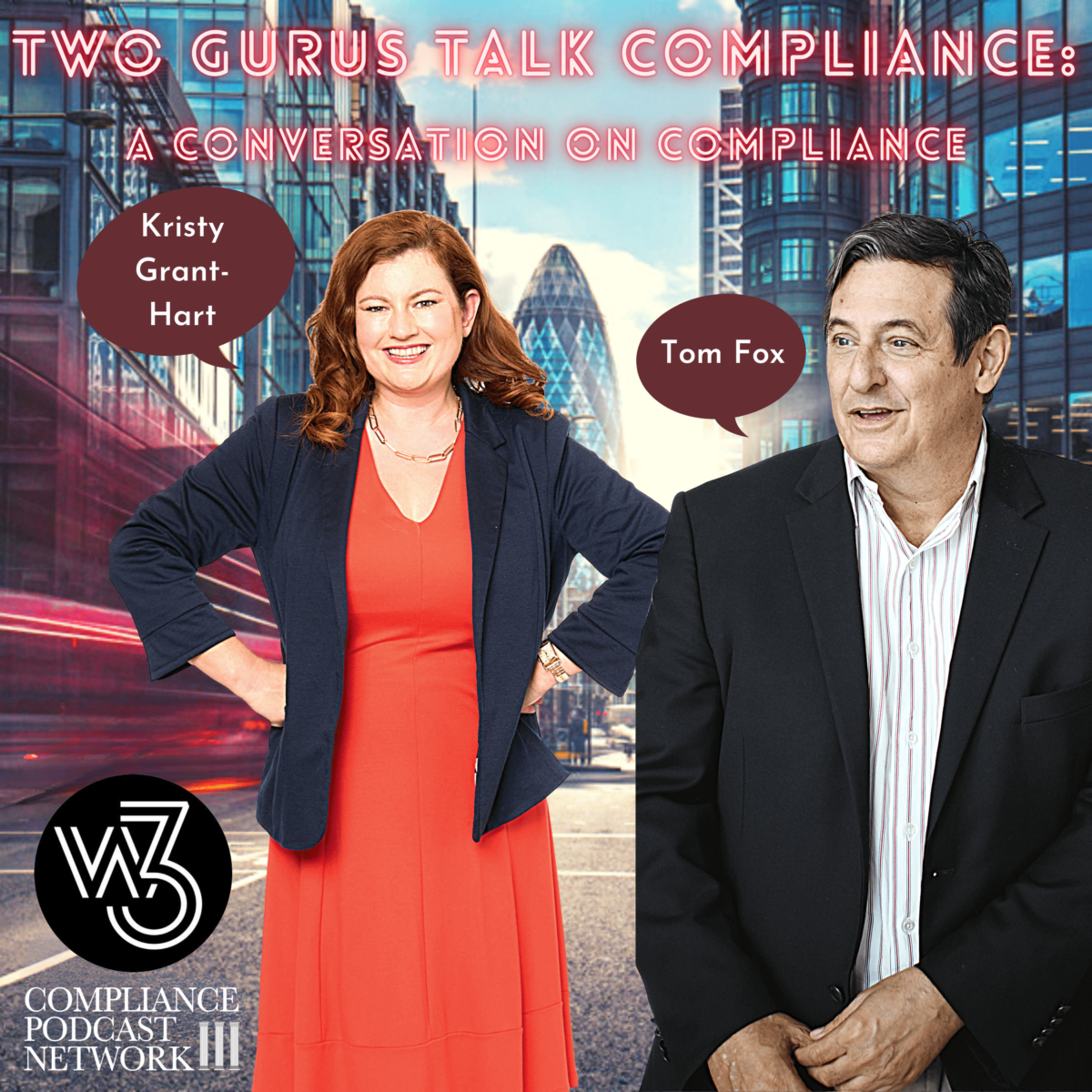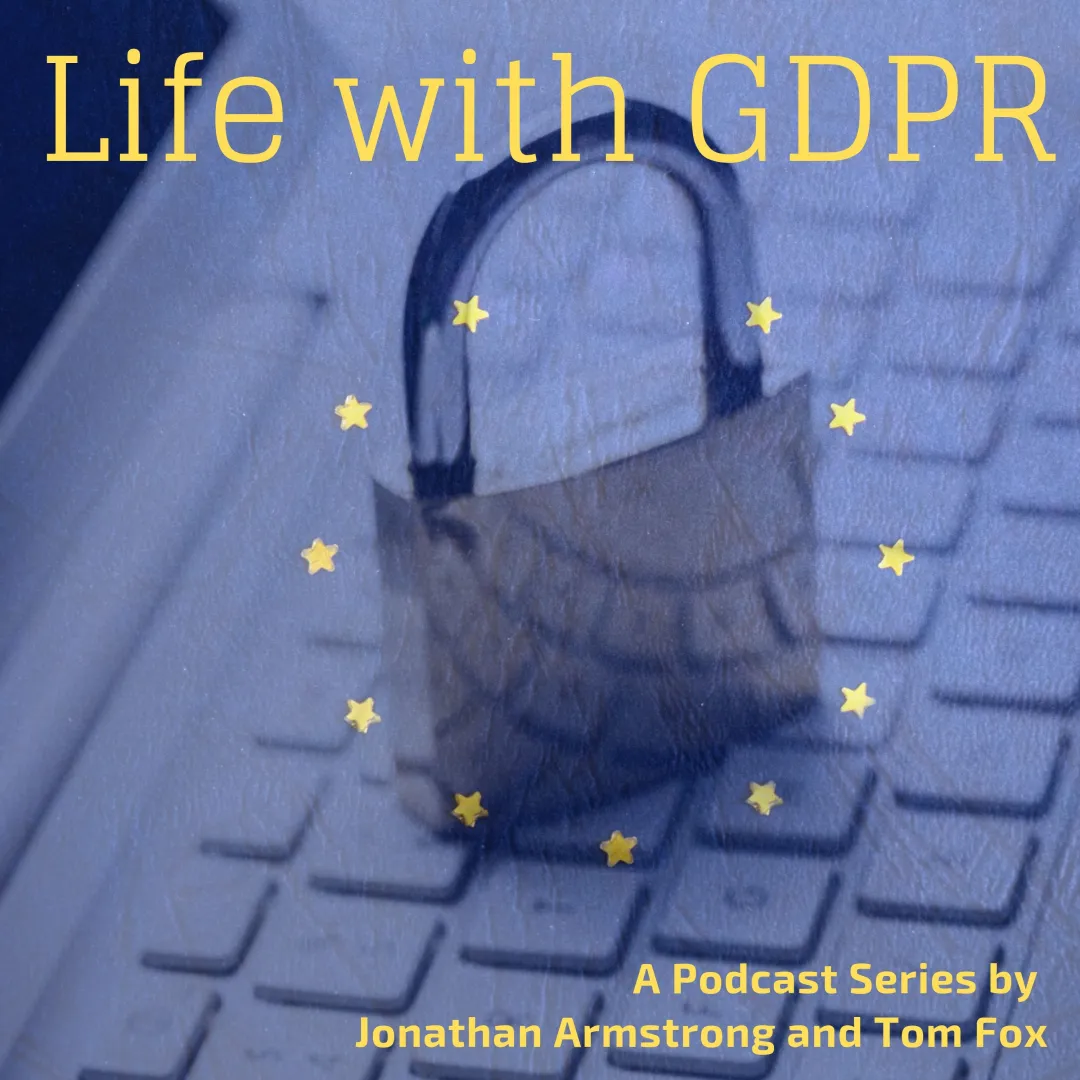Due diligence is generally recognized in three levels: Level I, Level II and Level III. Each level is appropriate for a different level of corruption risk. The key is to develop a mechanism to determine the appropriate level of due diligence and then implement that going forward. Identifying key risk areas is essential to risk mitigation and the protection of your company’s reputation. Corporate and institutional investors need to know who they will be doing business with especially given heightening regulatory compliance actions by the US and other government agencies, and increasing geopolitical risk concerns.
The 2023 Evaluation of Corporate Compliance Programs (ECCP) stated, “A well-designed compliance program should apply risk-based due diligence to its third-party relationships. Although the need for, and degree of, appropriate due diligence may vary based on the size and nature of the company, transaction, and third party, prosecutors should assess the extent to which the company has an understanding of the qualifications and associations of third-party partners, including the agents, consultants, and distributors that are commonly used to conceal misconduct, such as the payment of bribes to foreign officials in international business transactions.”
The question becomes how you use the information you obtained in the business justification and the questionnaire to determine an appropriate level of due diligence for the next step in the five-step process of third-party management. A three-step approach of varying levels of due diligence is the appropriate analysis to take going forward.
A three-step approach was discussed in Opinion Release 10-02, in which the DOJ discussed the due diligence that the requesting entity performed:
First, it [the requestor] conducted an initial screening of six potential grant recipients by obtaining publicly available information and information from third-party sources … Second, the Eurasian Subsidiary undertook further due diligence on the remaining three potential grant recipients. This due diligence was designed to learn about each organization’s ownership, management structure and operations; it involved requesting and reviewing key operating and assessment documents for each organization, as well as conducting interviews with representatives of each MFI [microfinance institution] to ask questions about each organization’s relationships with the government and to elicit information about potential corruption risk. As a third round of due diligence, the Eurasian Subsidiary undertook targeted due diligence on the remaining potential grant recipient, the Local MFI. This diligence was designed to identify any ties to specific government officials, determine whether the organization had faced any criminal prosecutions or investigations, and assess the organization’s reputation for integrity.
This Opinion Release sets out a clear break that every compliance practitioner should use in considering an appropriate level of due diligence to engage with third-party risk management process or when considering the level of due diligence required on a potential business venture partner.
Further in October 2023 the DOJ announced the new Mergers and Acquisitions Safe Harbor Policy, which encourages companies to self-report corruption and criminal misconduct found during an acquisition. Companies that cooperate with federal regulators, investigate, and then remediate such misconduct may be eligible for criminal declination by the federal government. This process must be initiated within 6 months of the M&A transaction and is heavily dependent on effective due diligence.
Importantly, you can’t disclose what you don’t know. Understanding FCPA risks in foreign jurisdictions requires a deep level of due diligence based on local and regional intelligence.
Given the increasing sanctions and geopolitical risk environment it behooves a company to identify these risk factors. Due diligence investigations also help to identify national security risks ranging from corruption, and sanctions violations to terrorist financing. The stakes are increasingly serious for all companies working internationally and domestically within the US.
Due diligence investigations can reveal reputational risk, litigation issues, fraud and corruption risks, financial sanctions, criminal activity, supply chain risk, regulatory risk and environmental, social & governance (ESG) risks.
A very good description of the three levels of due diligence was presented by Candice Tal, Founder and CEO of Infortal Worldwide, in an article entitled, Deep Level Due Diligence: What You Need to Know.
Level I. First level due diligence typically consists of checking individual names and company names through over 1400 Global Watch lists comprised of AML, anti-bribery, sanctions lists, coupled with other financial corruption and criminal databases. These global lists create a useful first-level screening tool to detect potential red flags for corrupt activities. It is also a very inexpensive first step in compliance from an investigative viewpoint. Tal believes that this basic Level I due diligence is extremely important for companies to complement their compliance policies and procedures—demonstrating a broad intent to actively comply with international regulatory requirements.
Level I should also consider beneficial ownership records when they are available, and company tax information to assess whether the third party is financially sound and in compliance with tax payments as required within its primary country of business, plus a check of perceived business risks in that country. Additionally, the third party’s website should also be reviewed; it is unusual for a company not to have a website and this can be a preliminary flag that there are issues. Tal recommends verifying that the company address also exists; a non-verifiable address should be considered a potential red flag that would indicate the need for a deeper-level due diligence investigation.
Level I will reveal some of the key information needed to make preliminary risk exposure ranking decisions, especially for larger corporations who may have several hundred thousand vendors in their supply chains. However, Level I is very basic in scope and will not identify the majority of corruption risks; it should therefore only be considered a first step.
Level II. Level II due diligence encompasses a broader public records search and supplementing Global Watch lists with a negative keyword screening of international media, typically major newspapers and periodicals from all countries, plus detailed internet searches. Negative keywords are not the same as deep media/ OSINT searches as these focus on a smaller selection of keywords only. Such inquiries will often reveal other forms of corruption-related information and may expose undisclosed or hidden information about the company, the third-party’s key executives and associated parties.
Level II should also include everything found in Level I searches plus in-country database searches. Other types of information you should consider obtaining are country of domicile and international government records, use of in-country sources to provide assessments, a check for international derogatory electronic and physical media searches, which should be performed in both English and foreign-languages, in its country of domicile. Further, if you are in a specific industry, use technical specialists and obtain information from sector specific sources.
Level III. This level is a deep dive due diligence with a far more thorough investigation than the Level II scope, enabling a comprehensive assessment of corruption and business risks.
I agree with Tal that a Level III due diligence investigation is designed to supply your company “with a comprehensive analysis of all available public records data supplemented with detailed field intelligence plus a deep dive investigation of online records to identify known and more importantly unknown conditions. It will also require an in-country “boots-on-the-ground” investigation in the country involved. Seasoned investigators who know the local language and are familiar with local politics bring an extra layer of depth assessment to an in-country investigation.” Further, Tal notes that:
Direction of the work and analyzing the resulting data is often critical to a successful outcome; and key to understanding the results both from a technical perspective and understanding what the results mean in plain English. Investigative reports should include actionable recommendations based on clearly defined assumptions or preferably well-developed factual data points. These are security-based recommendations designed to highlight issues and themes of information found across different investigative avenues. Without this understanding companies may miss critical information necessary to make informed risk and compliance decisions.
Significantly, thorough Level III due diligence can provide an additional level of fiduciary duty of care for the company’s board.
Level III should include deep web, accessible dark web, and historical Internet searches, also known as Open-Source Intelligence Investigations (OSINT). Although AI can be used for some of this work, it should be noted that AI without investigative analysis will yield less adverse information. AI can ignore critical information that it cannot identify as missing, also there may be indicators inferring an outcome which is likely to be missed by AI currently. Investigative analysis looks at hidden and undisclosed information and searches for information that should have been found but was not. It is an integrated approach incorporating “boots on the ground”, intelligence gathering, and due diligence investigations. Relying on basic Google searches is a certain mistake as hidden and undisclosed information are unlikely to be discovered.
But more than simply an investigation of the company, including a site visit and coupled with onsite interviews, Tal says that some other things you should investigate include:
An in-depth background check of key executives or principal players. These are not routine employment-type background checks, which are simply designed to confirm existing information; but rather executive due diligence checks designed to investigate hidden, secret or undisclosed information about that individual.
Tal believes that an in-depth background check should also look for such “Reputational information, undisclosed involvement in other businesses, direct or indirect involvement in other lawsuits, history of litigious and other lifestyle behaviors which can adversely affect your business, and public perceptions of impropriety, should they be disclosed publicly.”
Further, you may need to engage a foreign law firm to investigate the third-party in its home country to determine their compliance with its home country’s laws, licensing requirements and regulations. Lastly, and perhaps most importantly, you should use a Level III to look the proposed third-party in the eye and get a firm idea of the third party’s cooperation and attitude towards compliance—as one of the most important inquiries is based on the response and cooperation of the third-party. More than simply trying to determine if the third party objected to any portion of the due diligence process or objected to the scope, coverage or purpose of the FCPA, you can use a Level III due diligence investigation to determine if the third party is willing to stand up with you under the FCPA and are you willing to partner with the third party?
There are many different approaches to the specifics of due diligence. By laying out some of the approaches, you can craft the relevant portions into your program. The Level I, II and III trichotomy appears to have the greatest favor and one that you should be able to implement in a straightforward manner. But the key is that you must assess your company’s risk and then manage that risk. If you need to perform additional due diligence to answer questions or clear red flags you should do so. And do not forget to “Document, Document, and Document” all your due diligence.










